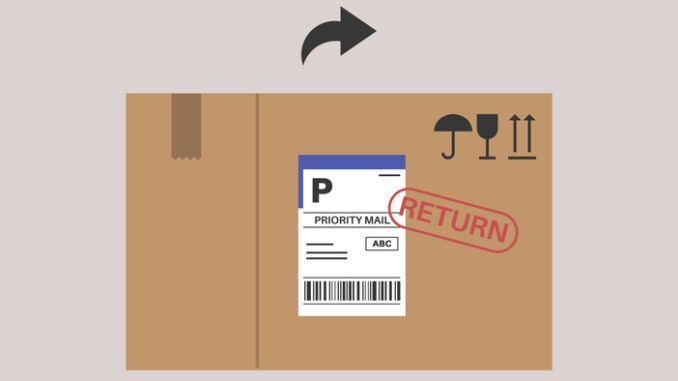As dealers juggle the need for swift delivery with mounting pressure to streamline costs, managing customer returns becomes an integral aspect of reseller operations. Acknowledging returns as an unavoidable aspect of business, dealers can proactively implement measures to mitigate their impact
CREDIT: This is an edited version of an article that originally appeared on Capital on Tap
According to a survey by Capital on Tap, nearly one in every five orders placed by small businesses end up being returned. This can significantly affect both the operational efficiency and financial stability of the company. Effectively managing returns demands substantial time and personnel resources, often diverting employees from other essential organisational duties. Of those surveyed, 27.3% of small businesses say this has been a big challenge for them over the last year.
For dealers, automating the returns process by investing in a robust inventory management system can help to streamline the time spent handling returns. Additionally, it’s crucial for dealers to utilise this technology to analyse data, pinpointing patterns in return behaviours. This enables the business to identify and address any recurring issues effectively.
Among the most prevalent issues encountered with returns, the third and fourth most common relate to products being returned either due to faults (26.5%) or being in an unsellable condition (25.7%). A significant 80% of businesses specialising in container and glass products cited faulty returns as a major challenge. Given that many dealers also offer products involving fragile materials, establishing a transparent returns policy is essential.
Further to this, it could be advantageous to evaluate the design and durability of existing packaging solutions to identify areas for enhancement, thereby enabling more secure transportation of goods. Given the increasing emphasis on sustainability in packaging practices, conducting a review focusing on the durability and recyclability of materials can offer dual benefits. For stockless dealers, it’s important to keep track of goods picked and packed by distribution partners to uphold service quality standards.
Understanding the key risk areas – or high-risk product categories – can help dealers to proactively implement measures to minimise the likelihood of returns. A quarter of the surveyed businesses highlighted the challenge of uncertainty regarding expected returns, which hampers their ability to restock efficiently. Additionally, tracking returns via software enables dealers to gain insights into areas for improvement across their business operations. For instance, certain products may necessitate customised return policies that differ from the standard. In all cases, strict time limits should be imposed on returns and clearly communicated to the customer when purchasing.
Another avenue for dealers seeking to reallocate time and resources towards other areas of the business is to consider outsourcing returns handling. This will incur a cost to the business, so dealers should carefully weigh up the trade-off between the saved labour time and the ongoing expense of enlisting a logistics company to manage returns on their behalf.
With profits being squeezed ever tighter, effectively managing returns is a critical aspect of operations for dealers. By leveraging automation and technology, establishing transparent policies and understanding high-risk product categories, dealers can streamline the returns process and gain valuable insights into customer behaviours, enabling them to address issues proactively.



Be the first to comment